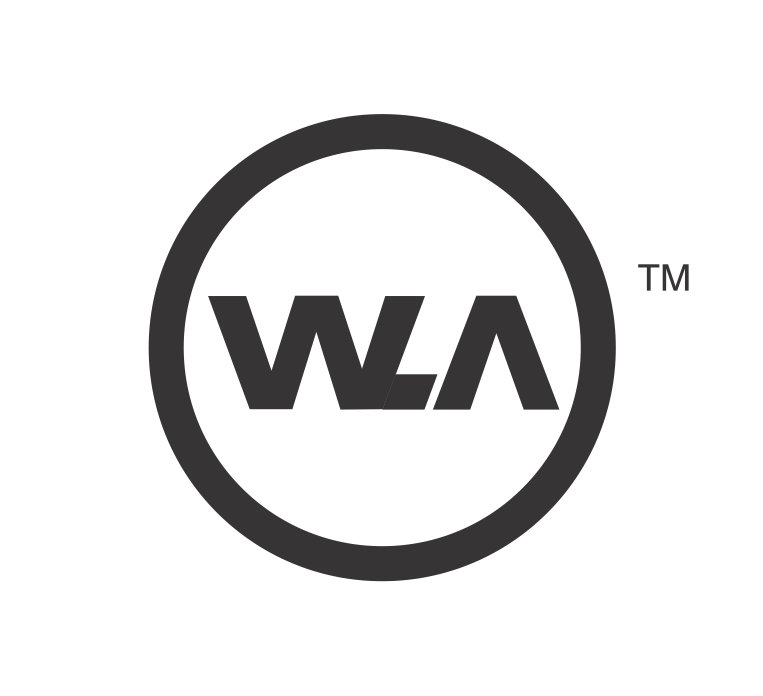Events
WLA Events provide a unique platform for elite industry leaders, strategic partners, and prospective clients to meet and engage in impactful and influential discussions.
The Great World Law Debate
SERIES STARTING NOVEMBER 30, 2020 | 5.30 PM ONLINE
For constant updates, connect with us on Twitter https://twitter.com/WorldLaw_One
A great place to meet industry leaders from all over the world, the event series is slated to become “one of the biggest (and most popular) Legal industry conference series”, and provide ample opportunity to network with a community that more accurately represents the world we live in.
Networking at The Great World Law Debate
Whether you’re fronting a STARTUP, A BIG LAW partner, a corporate counsel, judge or a budding lawyer looking for opportunities and the next industry changing idea, The Great World Law Debate is the place to be. There’s a simple power in coming together, online or offline.
The Great World Law Debate #WorldLawDebate brings together professionals, practitioners and companies, redefining the global law practice and legal services industry.
Follow up for future leads
Networking at The Great World Law Debate doesn’t stop when the event ends. Once you have connected with someone, you can reach out to them after the event to continue your conversation or book a meeting. Following up on the discussions you have at The Great World Law Debate takes your network beyond the virtual event floor and into your business, helping you to develop and grow in your industry.
Experience the power of connectivity:
The power to network with legal trailblazers from 150+ countries is in your hand at The Great World Law Debate.
Dedicated Topic focused online sessions throughout the year
Engage with attendees from all over the world in dedicated online sessions set up to stimulate discussion around specific topics. These sessions have a set capacity and are also time-boxed, so don’t miss out on joining in on the conversation with your fellow attendees.
Partner rooms
Partner rooms are where you can meet the major companies that join us in making The Great World Law Debate possible. Feel free to ask questions about our partners’ latest products, or build connections with the leaders of some of the biggest companies and firms in the world.
Community rooms
Community rooms are by attendees, for attendees. The Great World Law Debate has a number of discussion rooms framed around the biggest topics in law. From contracts to disputes, and everything in between, our community rooms connect like-minded attendees.
Partner / Sponsor Opportunities
Great brand development, outreach, marketing and business development opportunities exist around these highly targeted events. We can also customize the opportunities to match your goals.
Speaker opportunities
If you would like to be considered as a potential speaker at this specialist conference then please contact at: contact@worldlawalliance.com or call +91 8505999819
DEBATE TOPICS
Risk and Compliance
- Reducing third-party fraud risk in international transactions
- Bribery risk assessment: identifying and mitigating vulnerabilities
- Managing anti-money laundering and counter-terrorism financing requirements
- Successfully managing competition risk
- Tackling innovation risks
- How to minimize the risk of insider trading and leaking of material information
- Terrorism – is your firm prepared?
- Risk and compliance issues arising from third-party business relationships
- Corporate culture and risk in the #MeToo era
- Integrated risk management – the next frontier of organisational risk
Mergers and Acquisitions
- What’s is trending in deal making
- Due Diligence in International M&A
- Insuring cross-border M&A deals
- Managing D&O risks in M&A+What should a business owner look for in an M&A advisor?
- What makes for a successful M&A transaction?
- Takeover Laws in the EU and USA
Restructuring and Insolvency
- Out-of-Court Restructuring
- UNCITRAL Model law on cross-border insolvency and legislative guide on insolvency law
- Insolvency and the Private International Law
- Mediation in resolving Insolvency Disputes
- Insolvency and international creditors’ rights
- Navigating the Evolving Cross-Border CDS Landscape
- A Wave of Restructuring Approaches – Are You Ready?
- Navigating Distressed Investing in the Pandemic
International Law
- Litigation and Arbitration in cross-border contracts and deals.
- Trade issues such as NAFTA and bilateral agreements that affect the legal practices of global firms.
- Sources of International Law – Treaties and the lex mercatoria
- The UN Convention on Contracts for the International Sale of Goods (CISG).
Dispute Resolution – Litigation & ADR
Why Mediation Fail & How to Achieve Better Results
The majority of disputes resolved at Mediation. Nonetheless, there remain those that impasse. Explore the leading reasons why Mediation fail and how to achieve better results.
- Lack of Preparation
- Unethical conduct in mediation
- Absence of Decision-Makers
- Wearing Trial Binders
- Last Minute Surprises
- Emotion and Anxiety
Crafting Arbitration Clauses: How Specificity Reduces Dispute Time & Costs
When drafting arbitration clauses, specificity matters. The last thing you want is a disagreement over the provision itself. That would defeat the purpose of the arbitration, and result in litigating the meaning of the clause.
Choosing arbitration provider institution shouldn’t be arbitrary
Arbitration providers are all good. But who can take care of the neutrality and all the customized needs of the partners in a transaction or a contract is what makes the choice work for them. But how can parties find one which suits their needs? Other than just using names of years old organizations from the boilerplate templates. What other choice do you have?
Intellectual Property
Competition and Patents
There is a close link between patent rights and competition, which, in simple terms, can be characterized by two factors: on the one hand, patent laws aim to prevent the copying or imitation of patented goods, and thus complement competition policies in that they contribute to a fair market behavior. On the other hand, competition laws may limit patent rights in that patent holders may be barred from abusing their rights. In sum, experience shows that too high or too low protection of both patents and competition may lead to trade distortions. A balance has thus to be found between competition policy and patent rights, and this balance must achieve the goal of preventing abuses of patent rights, without annulling the reward provided for by the patent system when appropriately used.
Traditional knowledge and intellectual property
Traditional knowledge as such – knowledge that has ancient roots and is often oral – is not protected by conventional intellectual property (IP) systems. Explore how Defensive protection
strategies ensure that third parties do not gain illegitimate or unfounded IP rights over TK and Positive protection prevents unauthorized use, and active exploitation of TK by the originating community itself.
General Counsel, In-House Counsel
Establishing Value Added Partnerships and Outsourcing Effectively
Leveraging third-party expertise is a vital, but difficult part of being an effective leader. Outside counsel and technology providers are key partners –
- But to what degree do in-house teams lean on them? And at what cost? Boards, rightly or wrongly, see legal departments as a business cost vs a profit centre.
- How do GCs, CLOs and other legal leaders within organisations evaluate, scrutinize and maintain the best resources efficiently and effectively?
- The dos and don’ts for outsourcing, as well as how to build real value-added partnerships.
Secrets and Spies
How Law fails to protect Trade Secrets? Patents have historically provided stronger protection and enforcement mechanisms when compared to trade secrets. Unlike patents, trade secrets are not exclusive rights and are susceptible to reverse engineering risks.






